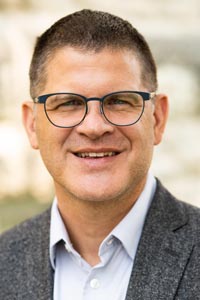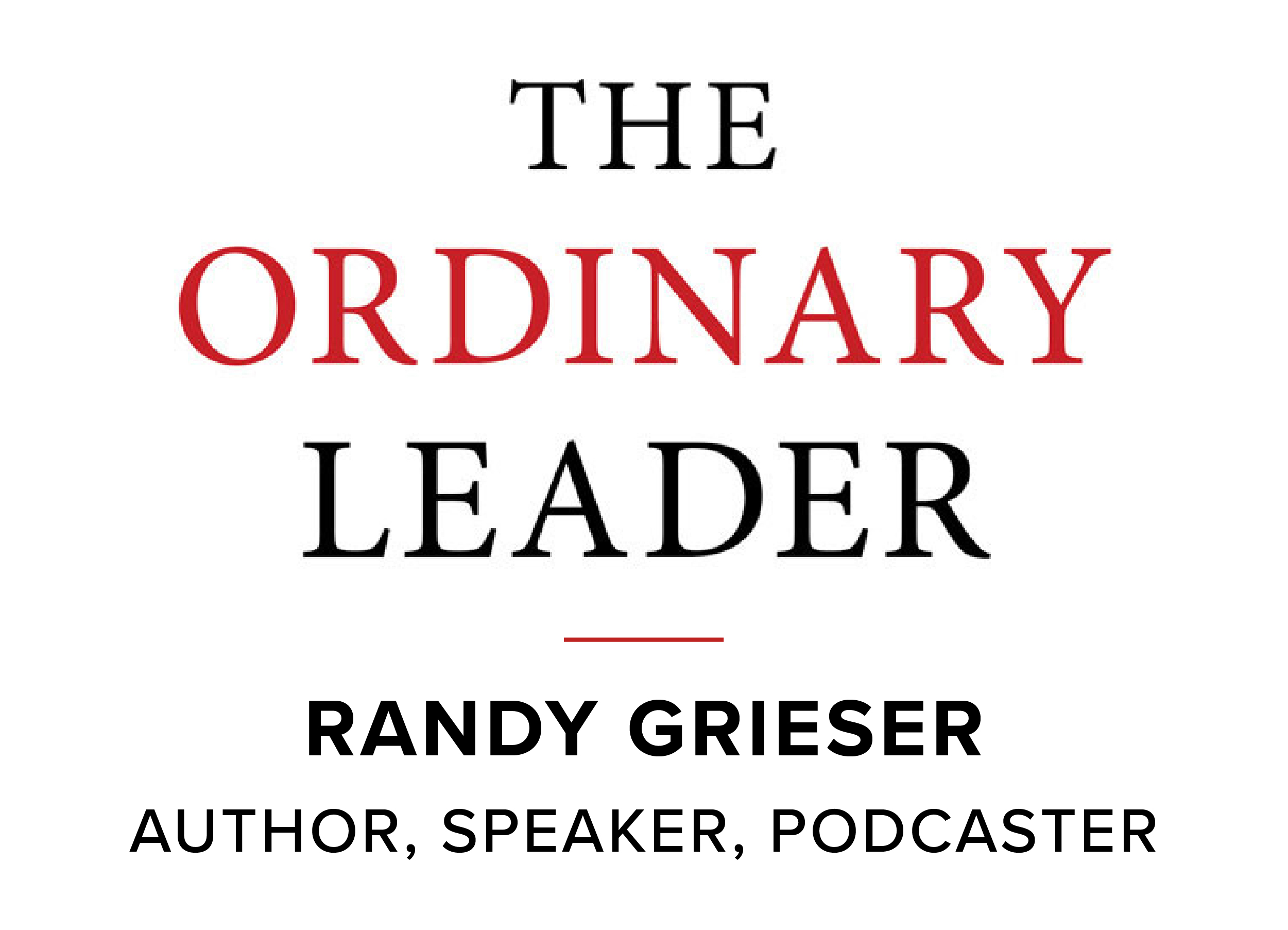About
Randy Grieser Bio
 Randy is the Founder and Advisor of ACHIEVE Centre for Leadership and the Crisis & Trauma Resource Institute (CTRI). He is an intuitive and visionary leader who, together with a team of employees and trainers, positioned these organizations to be leading providers of professional development training. Randy hosts the ACHIEVE Workplace Culture Podcast and is author of The Ordinary Leader, and co-author of The Culture Question, A Little Book About Trauma-Informed Workplaces, and Don’t Blame the Lettuce.
Randy is the Founder and Advisor of ACHIEVE Centre for Leadership and the Crisis & Trauma Resource Institute (CTRI). He is an intuitive and visionary leader who, together with a team of employees and trainers, positioned these organizations to be leading providers of professional development training. Randy hosts the ACHIEVE Workplace Culture Podcast and is author of The Ordinary Leader, and co-author of The Culture Question, A Little Book About Trauma-Informed Workplaces, and Don’t Blame the Lettuce.
Randy is passionate about helping leaders to develop and sharing the importance of creating healthy workplace cultures. He believes that leadership requires us to always be intentional about what we do and how we do it. Randy gives presentations on leadership and workplace culture to a wide range of audiences. He is a dynamic speaker who delivers insightful presentations that are engaging, humorous, and informative.
 Fun Facts About Randy
Fun Facts About Randy
Randy has a graduate degree in Social Work, and earlier in his career he worked as a Mental Health Counsellor. He is enthusiastic about life and has many interests. He and his son Ben have a shared passion for basketball. He and his wife Heidi have a shared passion for traveling. And with his daughter Ana, he shares a passion for climbing mountains and eating good cheese. You can usually find him involved in one of these activities in his spare time.
Why The “Ordinary” Leader
The Ordinary Leader was my first book, and even though I have written more books since then, the philosophy behind the title flows through all my writing and presentations. First and foremost, I use the term “ordinary” to highlight the belief that no one ever arrives as a leader. In fact, if someone thinks of themselves as extraordinary, they will not be a very effective leader. I also use the term to highlight the fact that the majority of leaders in the world are not high-flying, c-suite executives of fortune 500 companies. Rather, they are normal, everyday people who lead small organizations or teams. Even leaders who work in large organizations usually only lead a small group of people. Ordinary leaders are rarely written about in books or quoted in magazines. They are, however, important. Maybe not globally, but to those they manage, their leadership makes a huge difference. My writing and speaking is geared to this type of leader.




